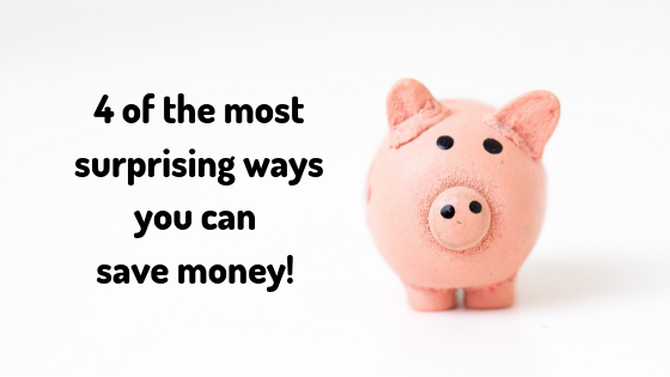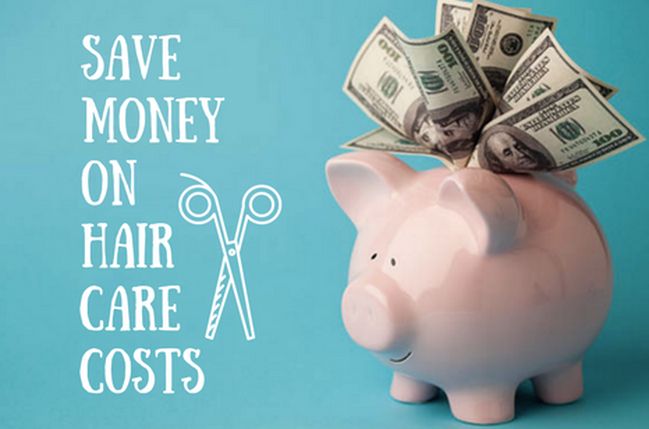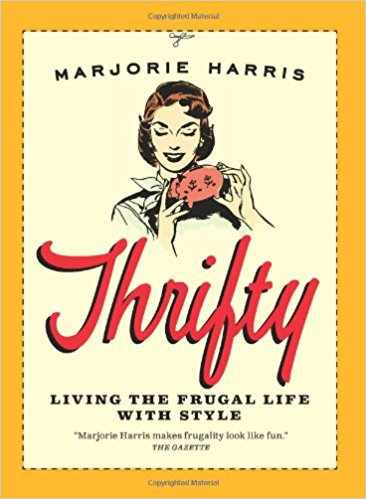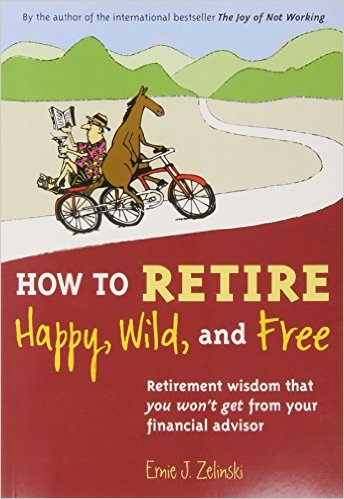
We’ve all been taught that saving money is a good policy. We save for a rainy day and for our futures. We say no to shop-bought coffee, search for discount codes before we make a purchase and generally try to be as thrifty as humanly possible.
But really, how effective a financial strategy is this?
Saving a little each month may help you build a nest egg in case of a financial emergency. It will certainly allow you to make a bigger, more expensive purchase. Who knows, it might even allow you to make other, more financially beneficial decisions. However, in itself, saving is not going to turn you into a millionaire. These six strategies, however, will all bring you much closer to becoming comfortably rich and financially independent.
In fact, to raise your standards, you should definitely spend money, though you should spend it the way it counts - on improving yourself. Don't save money just to save - instead, invest in yourself. Don't be afraid to pursue additional knowledge and pay for courses that will let you gain new skills and certifications. Learn something that will either help you do your current job better, making you indispensable at work, or something that will allow you to find other, better paid jobs.
Some learning opportunities might be costly, but some are free. However, even if you have to spend some money, you are making the best possible investment. A new position within a company or a completely new job might allow you to earn more money in a year than you could possibly save in 10 years.
Instead of using up the extra money you’re making, put it away somewhere where you won't be able to waste it easily. To do so, you might create a banking account – not so much for saving as for simply storing your money out of easy reach. Keep outgoings the same and put additional earnings straight into that untouchable banking account. Just make sure to read our next point before choosing your account.
Banks offer a variety of savings products and you should find one with a good rate of interest if you want to make the most of your earnings.
Accounts with limited access (so you wouldn’t be able to dip into your funds in an emergency) or accounts where you put in a fixed amount each month often offer the best interest rates.
And once your savings account is opened, don’t fall into the trap of paying in your money and forgetting about it. Banks change their interest rates all the time. So you need to keep up-to-date with the best savings accounts around and move your money accordingly.
Above all though, don't let your account lose money. You've started it to store the excess of money you make now so make sure that the account itself isn't eating your money up. And once you have stored enough cash, you are ready for next steps.
This means that money invested in a property will grow. As long as you’re prepared to invest for a considerable stretch of time - you stand to sell your property for more than you bought it.
And if you decide to use your property as a rental, there could be even greater gains going into the future. Check rental property calculator to get a sense of the figures involved, and if everything seems alright – invest your money in a rental property. You'll have to wait quite some time for the property to finally start bringing money, but it's a sure way to earn. After all people will always need a place to live, sleep, and eat. And you can provide this place.
A 401(k) pension plan comes with the option of “employer match” meaning simply that your employer will match your contributions. Alternatively, Traditional and Roth IRAs offer different tax options meaning you can pick the one that best fits you.
Do a little retirement research to find out how best to enter your non-working life feeling financially secure.
Many people feel that investing in the stock market is too risky. Or that they don’t have the necessary knowledge.
But nowadays, with apps, robo-advisors and a whole load of e-learning options, it’s never been easier to start investing in stocks and shares, even without a financial advisor.
For risk-averse investors, the advice is to diversify – make sure you have shares in a few companies, industries and even countries. This means a fall in one should be balanced out by a rise in another. However, don't overstretch yourself. Instead of happily investing in every single fad that might seem decent, invest in a few things, and be sure to watch those investments.
Also, be prepared to keep your investments for at least five years. That way any downturns are usually rectified, you avoid making significant losses and stand to make significant gains.


















 RSS Feed
RSS Feed














